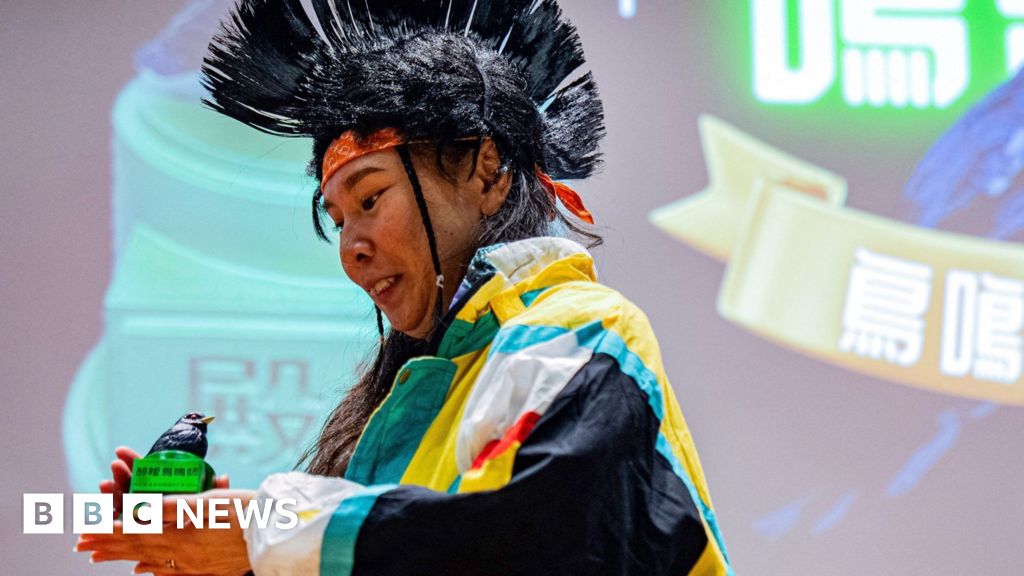The League of Social Democrats, recognized as one of Hong Kong's remaining pro-democracy entities, announced that it would disband during a press conference held by current and former members. Emblazoned on the office wall were the Chinese characters for "freedom," created from admission slips to court, emphasizing their struggles. Party leaders embraced the microphone, sharing their sentiments in front of a poignant banner quoting a fierce determination with "rather be ashes than dust."
Chan Po Ying, the party chair, expressed deep emotion while outlining the reasoning behind their closure. "The red lines are now everywhere," she remarked, indicating the myriad challenges and "intense pressure" they were presently encountering in Hong Kong. Although details were scarce concerning the specific pressures prompting their decision, she acknowledged a pervasive politicization across all aspects of life in the region.
The closure follows a troubling trend, marking the third significant opposition party to disband in 2023 alone, and was made after "careful deliberation" to avoid repercussions for its members. The timing coincided with the forthcoming five-year anniversary of the controversial Beijing-imposed national security law, seen by critics as a tool for stifling dissent rather than restoring order.
The party's statement regarding their closure highlighted the precarious landscape they had navigated over the past two decades, facing not only internal disputes but the near-total incarceration of their leadership, an undeniable indicator of the waning civil society in Hong Kong. Faced with increasing repression, the party reported that many of those in opposition have either sought refuge abroad or been detained.
Vice-chairman Dickson Chau reflected on the harsh reality for political parties in the current climate, emphasizing, "I think it's no longer safe to actually run a political party." His comments echoed widespread sentiments that fundamental political rights in Hong Kong have been all but obliterated.
The national security law, which criminalizes offenses such as subversion, has often been viewed by critics as a mechanism for dismantling political resistance rather than fostering stability. In recent months, party members encountered legal challenges, including fines for organizing peaceful protests, further solidifying the narrative that dissent is met with harsh punitive measures.
Chau’s apprehension resonated powerfully as he expressed that, despite his desire for civic engagement, the consequences of being politically active or even perceived as such could endanger him. "The future is very difficult as a citizen," he lamented, framing it not just as a concern for activists but for everyday citizens who must weigh their safety against their rights.
His closing remarks—a reflection on the paradox engulfing Hong Kong's populace—underscore a somber reality: a void left by absent political entities will ultimately dull the collective voice once potent in the struggle for democracy.


















